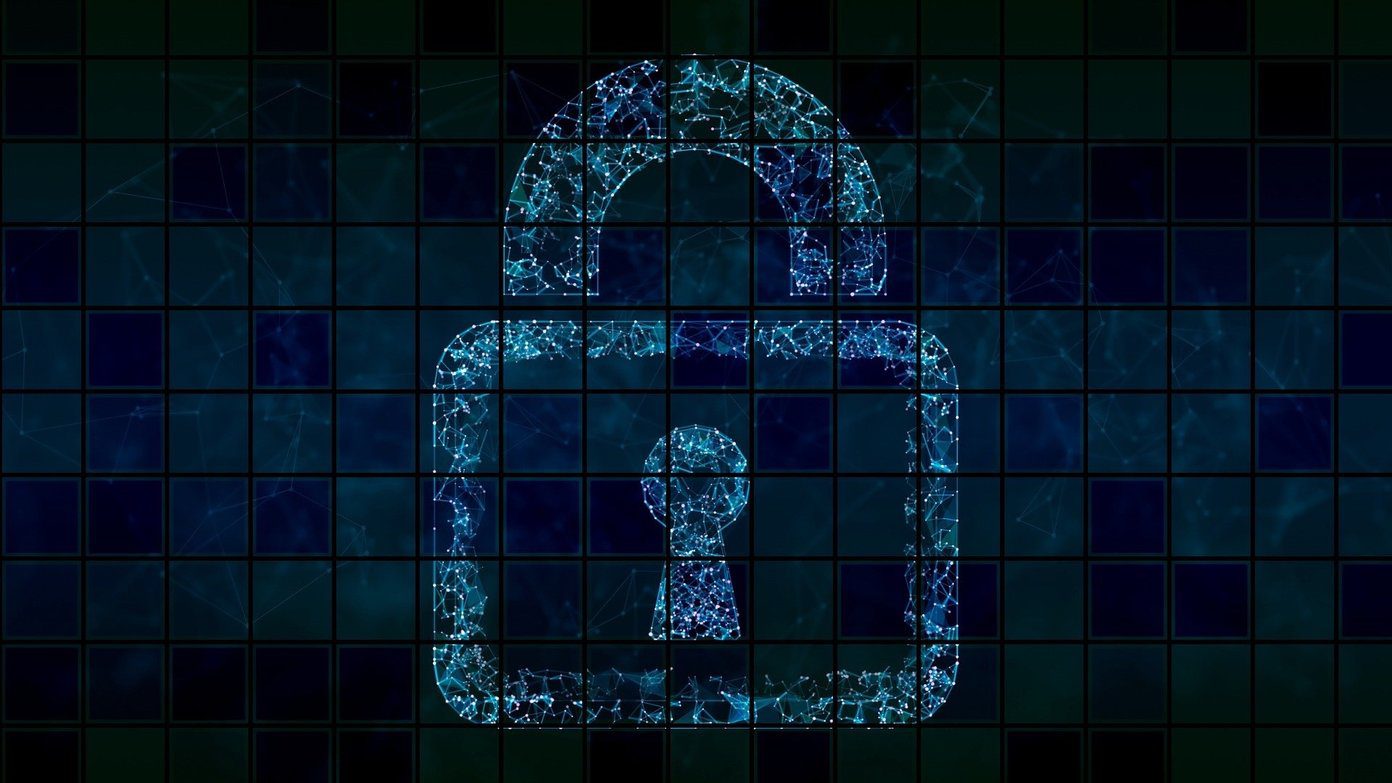Dashlane is considerably lesser known than 1Password or LastPass. In fact, I didn’t even know about it until I saw it recently as one of the featured apps in the Mac App Store. I bought 1Password direct from the website last year and learned that it charges for upgrades even when the amount of new features is pretty minimal. Slightly annoyed by that, I gave Dashlane a go and immediately fell in love. Here’s why.
Dashlane’s Design is Unparalleled
The main reason why Dashlane caught my eye while being featured in the Mac App Store is because the brand new Dashlane 4 is out with a fresh, uniform design that makes all the difference. Your logins and passwords are organized in a beautiful, graphical grid that gives priority to the logos of the website so you can find what you need quickly. On the left is navigation between passwords, your secure notes (like Wi-Fi passwords and software licenses), bank accounts, credit cards, receipts and more. Then at the top you can search for any information you store in Dashlane or add something new. 1Password always receives praise for having a terrific design, but it seems a bit outdated at this point to me — just a simple list of accounts and vaults. Dashlane’s organization and intelligent color coordination are worlds ahead of 1Password. Like 1Password, Dashlane also includes a necessary browser extension for logging in or using autofill. In my experience, Dashlane worked for far more logins than 1Password did. The icon even appears within text fields for when it doesn’t quite automatically log you in. No other password manager I’ve tried, including 1Password and LastPass, has a better design than Dashlane 4. And it’s consistent across all platforms.
Dashlane Enables You to be More Secure
Dashlane has features built-in that actually help out with security online. For one, it has a Security Dashboard accessible from the sidebar. This gives you a personalized security score based on the strength of your current passwords and how often you reuse passwords. If you’re unhappy with your score, you can start changing your passwords to be more complex and repeating them for different websites less often. But better yet, Dashlane has a Password Changer feature — 1Password does not. If you see a weak password on your security dashboard, not only is Dashlane capable of logging in and changing the password to an automatically generated strong one, it’ll update the login information too so you have it stored for next time. You don’t have to do a thing, and it actually does work with most of the websites I’ve tried it with. Lastly, Dashlane has a fantastic feature called Emergency. If a dire situation comes up where you feel like you need someone to be able to access and/or change all of your passwords for you, that’s where Emergency comes in. You set a contact — someone you have significant trust in — that at any time can request to view the data you want him or her to in Dashlane. If they do request it, you set an allotted amount of time where you can reject the request, otherwise it’s automatically granted to them.
Dashlane is Free (Mostly)
While 1Password costs $49.99 and often asks for paid upgrades in the future, Dashlane has a very different pricing model. It’s totally free to download and use on your computer — even without any ads. The browser extension comes with it too. However, you can upgrade to a premium version that lets you sync all of your passwords across multiple devices like iOS and Android and lets you view your data on the web too in case you’re on a different computer. The premium version will also keep automatic backups. This costs $39.99 per year. Yes, that’s more than LastPass’s modest charge of only $12 per year but Dashlane has way more features and a much sleeker design. The good news is, if you’re like me, you really don’t need all of your passwords and sensitive information on your mobile device. Thus, I’ve been using Dashlane completely free with zero complaints on my end. So what do you think of Dashlane? Have you been swayed to try it over 1Password or LastPass? Let us know in the comments. The above article may contain affiliate links which help support Guiding Tech. However, it does not affect our editorial integrity. The content remains unbiased and authentic.














